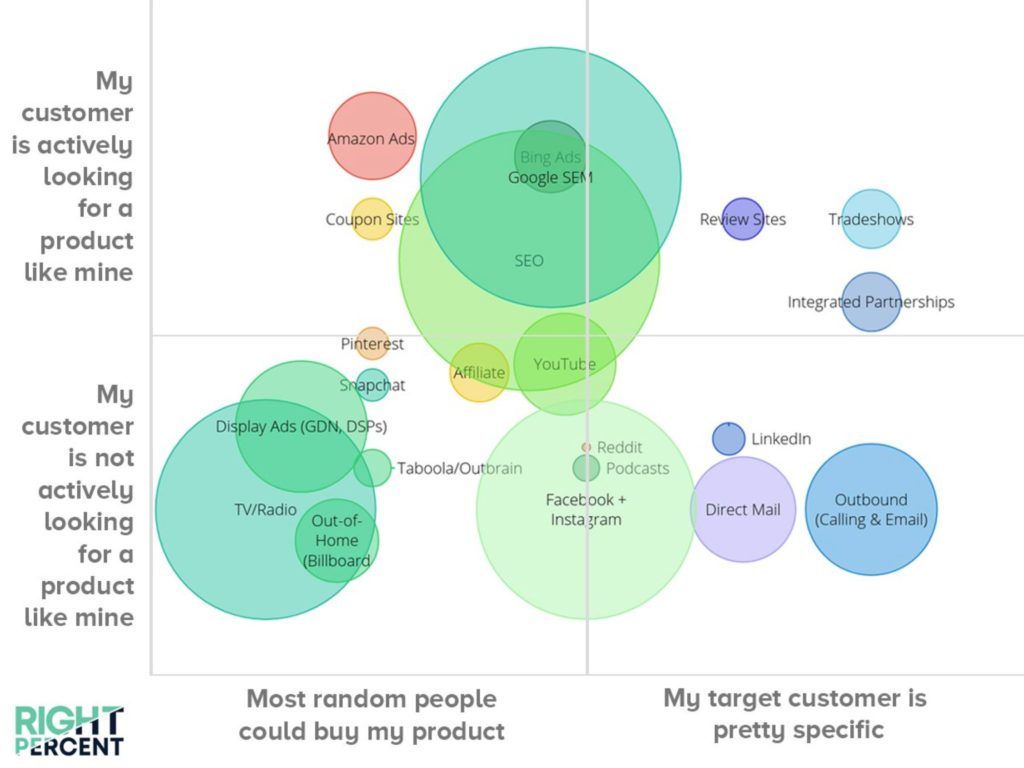Consulting is an intimate game.
Your job is to make change in other businesses—often difficult ones.
But in order to do that, you need to work with people.
Most companies have a wide range of stakeholders. Each with varying beliefs, goals, needs, experiences, and motivations.
Your job, first and foremost, is to be a positive collaborator. To act with respect, empathy, and integrity.
In some cases, mistakes have been made before you got there. It’s nobody’s fault, but you need to help correct them tactfully.
Sometimes, new ones get made along the way. Obstacles arise. Stress waxes and wanes. It’s all normal.
And of course, money on the line. There are real stakes. The work means something.
Your job is to perform your responsibilities, yes. But in order for things to work, you need to have trust.
You need to trust your clients and they need to trust you.
Don’t start working with people you don’t trust.
And when you do start working with someone, do everything you can to maintain that trust over time.
Without it, nothing works.
